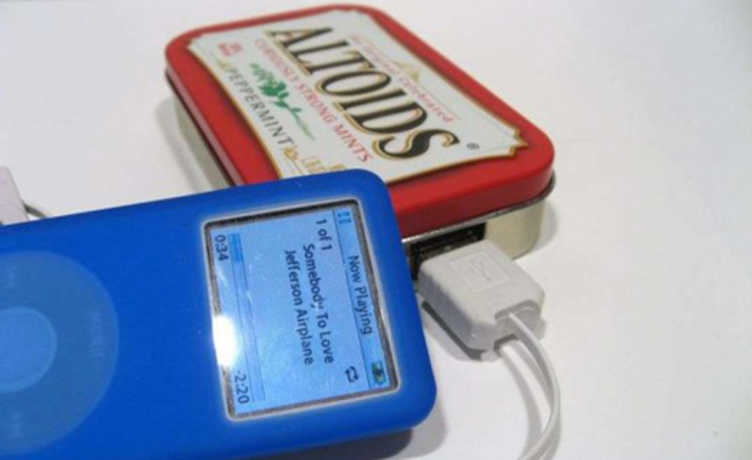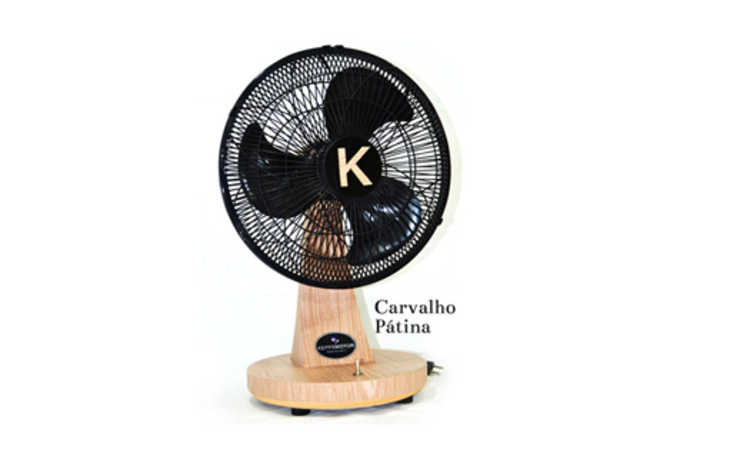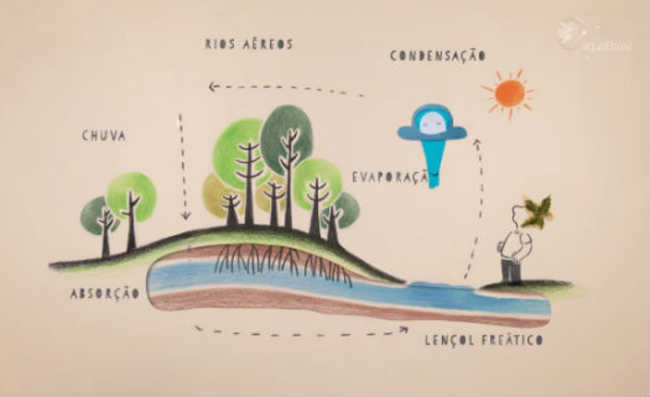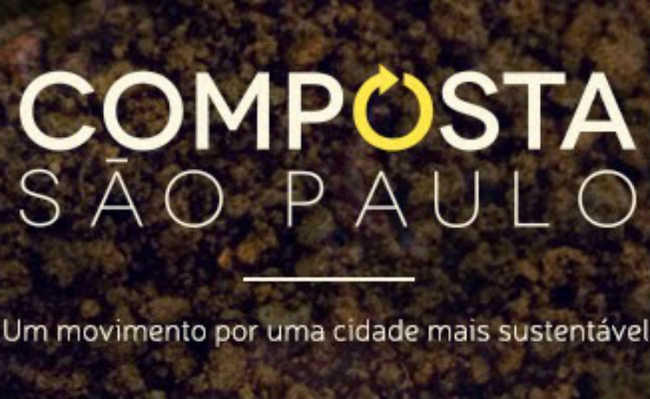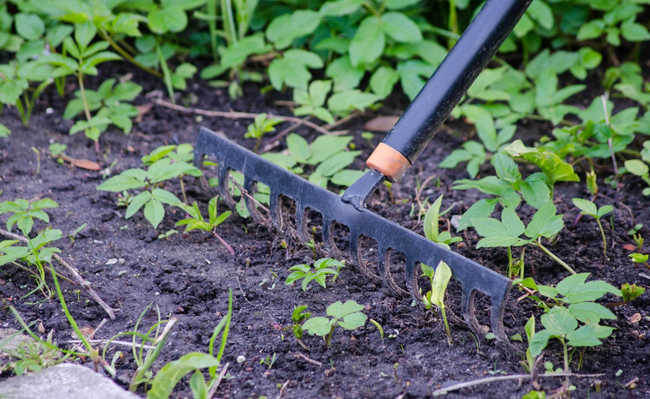Homemade Toothpaste: Here's How to Make Natural Toothpaste
Learn how and why to produce your own natural toothpaste

Stock Image Snap by Pixabay
It is possible to make natural toothpaste with accessible ingredients such as juá powder (which is extracted from the juazeiro), white clay, aloe vera or coconut oil. Making your homemade toothpaste using sustainable and reliable recipes brings less chemistry and more health to your teeth.
You open your eyes in the morning, turn off the alarm, stretch, get out of bed and… brush your teeth. According to a study published by Professor Bruce J. Paster, from the University of Massachusetts, and his team, there are more than 700 species of microorganisms in the oral cavity, which spread through the gums, teeth, tongue and palate. Therefore, taking care of oral health should not be an attitude exclusively oriented by an aesthetic concern, but, above all, by health.
Although Brazil has the largest public oral health program in the world, the Smiling Brazil Program, the Brazilian Dental Association (ABO) finds that less than 22% of the adult Brazilian population and less than 8% of the elderly population have healthy gums. And the situation of our children also requires care: around 60% of them have some type of caries.
Therefore, brushing teeth, tongue and oral cavity regularly, in addition to flossing, are fundamental measures in the work of removing or disorganizing bacterial plaque and contributing to good oral hygiene, but they are not the only ones. Another important concern to keep in mind: the composition of the toothpaste you use. Some substances that are present in conventional toothpastes (such as fluorine, sodium lauryl ether sulfate and the dreaded triclosan) can damage your health and the environment.
- Know the main substances that should be avoided in cosmetics and hygiene products
Taking this context into consideration, we've brought you some easy recipes explaining how to make natural toothpaste at home:
Juá powder-based recipe
Juá powder is a product that is still not well known in the Brazilian market, but it can be purchased at affordable prices. Extracted from juazeiro, it has properties that fight caries, bacterial plaque, bad breath, in addition to whitening teeth. See how this recipe is prepared:
- 2 tablespoons of jua zest
- 2 tablespoons of dehydrated mint
- 2 tablespoons of flaxseeds
- 3 cloves
- 1 pinch of cinnamon powder
- 1 cup of filtered water
Method of preparation:
Add the flaxseed, mint, cloves and water over low heat and cook in a pan for five minutes. Then, add the juá and cinnamon and mix well, until you get a mixture of pasty consistency. This homemade toothpaste recipe should be stored in the refrigerator.
White clay-based recipe
Many people may find the use of white clay in brushing teeth strange. But this recipe is very practical and efficient. However, it is important that, when gathering the ingredients, you pay attention to one issue: when buying white clay powder, buy one whose label expresses that it can be ingested. There are several options in stores, so be careful.
Ingredients
- 3 tablespoons of white clay
- 2 drops of peppermint essential oil
- 1 pinch of sea salt
- 1 teaspoon of sage or thyme
- 1 glass of water
Method of preparation:
First, make a boiling infusion of water and sage or thyme. After filtering, add two scoops of this infusion, which should look like tea, to a clean cup. In this cup, put two drops of peppermint essential oil and a pinch of sea salt. Then add 3 tablespoons of white clay powder and stir until your homemade toothpaste is uniform. Finally, store the recipe in a glass container and store it in the refrigerator.
Aloe Vera Recipe
Aloe vera, also called aloe vera, is widely used in healing burns. Its use in brushing teeth is recommended mainly for people suffering from gingivitis. The reason for this is its healing properties, which do not harm the delicate tissue of the gums, in addition to being effective in cleaning teeth. This homemade toothpaste recipe is very easy to make and only requires two ingredients:
Ingredients
- 2 tablespoons of aloe vera gel
- 1-2 drops of peppermint essential oil
Method of preparation:
Combine all ingredients in a clean container and stir for a few minutes. Then just dip your toothbrush in this mixture and brush normally. Aloe vera gel can be found in many homeopathic pharmacies and other specialty stores.
Coconut oil-based recipe
Coconut is part of many cooking recipes. What you may not have realized is that its oil version can also be used in a toothpaste recipe. Along with it, you'll need another ingredient you may not be familiar with: powdered bentonite clay. Bentonite clay can also be found in specialty stores and some trusted websites. It works to strengthen teeth and remove plaque.
- 4 tablespoons of coconut oil
- 4 tablespoons of bentonite clay
- 2-3 tablespoons of filtered water
- 1/2 teaspoon of sea salt
- 1-15 drops of peppermint essential oil
Place coconut oil, filtered water, sea salt and essential oil in a container and mix well. Then add the clay until the mixture takes on consistency. Finally, store in a sterile jar.
Learn more about coconut oil:
- Coconut oil: benefits, what is it for and how to use it
- Three Little Known Uses of Coconut Oil
- How to make coconut oil the easy way
Beware of hydrogen peroxide recipes
There are recipes available on the internet that are based on hydrogen peroxide. It is important that you be very careful with them, because there is no consensus among experts about the harmful effects that this substance causes on the oral mucosa. For this reason, it is better to opt for recipes that do not include hydrogen peroxide in their composition.
But why make your own toothpaste?
On the shelves of supermarkets and pharmacies, we can find a wide variety of toothpaste, all of them properly packaged in their tubes and cardboard boxes. However, these packages represent a very relevant environmental problem with regard to both their manufacture and their disposal. Recycling is certainly a solution to their disposal, but making your own homemade toothpaste and storing it in a container will contribute to minimizing the damage to the environment resulting from making such containers.
In addition to this, many other benefits can be obtained by using natural and homemade toothpaste. Many toothpastes available on the market contain sodium lauryl sulfate, a detergent that can cause canker sores in users who have very sensitive oral mucosa. There are even cases of people who develop allergic processes to the components of conventional toothpaste, presenting, in addition to thrush, bleeding, redness and itching of the gums.
- Baking soda works as a home remedy for cold sore
- Homemade and natural mouthwash
A study entitled "Cytotoxicity and Abrasiveness of Some Toothpastes", developed by the Faculty of Dentistry of the University of São Paulo, found that there are toothpastes that are more toxic than others, due to the increasingly frequent use of certain ingredients. A clear example of this are whitening toothpastes that have large amounts of highly aggressive abrasive compounds. These highly aggressive abrasives are substances such as magnesium carbonate, calcium carbonate, dehydrated silica gel, hydrated aluminum oxide and phosphate salts and they can damage tooth enamel. Little is known about the real effects of such components and everything indicates that some people may be more sensitive to them.
Another reason that justifies the home production of toothpaste is directly related to animal testing. In São Paulo, the law that prohibits tests on animals in the cosmetics, perfumes and personal care industries has already been sanctioned. However, in other cities this measure has not yet been implemented. Therefore, practicing conscientious consumption and avoiding the use of products that may have been tested on animals is a very important attitude.
Finally, it is known that it is a consumer's right to have proper access to information regarding the product he has purchased. According to Procon (Consumer Protection and Defense Foundation) all labels must clearly inform the quantity, weight, composition, characteristics, quality, price and all possible risks that the product presents. Unfortunately, this does not always happen and the consumer ends up purchasing a product without knowing exactly what it contains.
In a research developed by Idec (Brazilian Consumer Protection Institute), which evaluated eighteen samples of toothpastes and five of mouthwashes aimed at children and adolescents, it was found that the labels had a lack and divergence of information. Another worrying fact was also found: some brands did not properly warn about the real risks of inappropriate use of the products. Therefore, an alternative to ensure, as much as possible, control over what you are consuming without relying on poorly formulated labels is to manufacture yourself the products that are part of your daily life.

